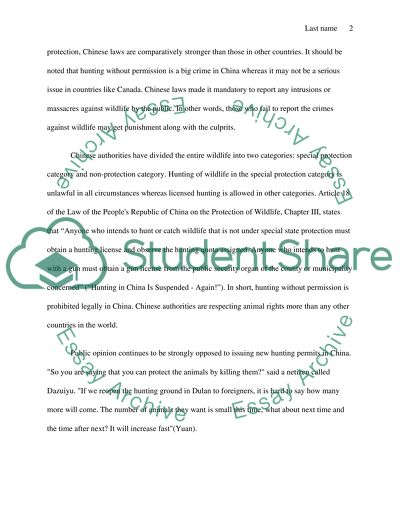Cite this document
(“Government Rules and Public Opinion about Hunting Research Paper”, n.d.)
Retrieved de https://studentshare.org/english/1445123-government-rules-and-public-opinion-about-hunting
Retrieved de https://studentshare.org/english/1445123-government-rules-and-public-opinion-about-hunting
(Government Rules and Public Opinion about Hunting Research Paper)
https://studentshare.org/english/1445123-government-rules-and-public-opinion-about-hunting.
https://studentshare.org/english/1445123-government-rules-and-public-opinion-about-hunting.
“Government Rules and Public Opinion about Hunting Research Paper”, n.d. https://studentshare.org/english/1445123-government-rules-and-public-opinion-about-hunting.


